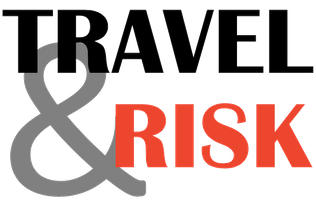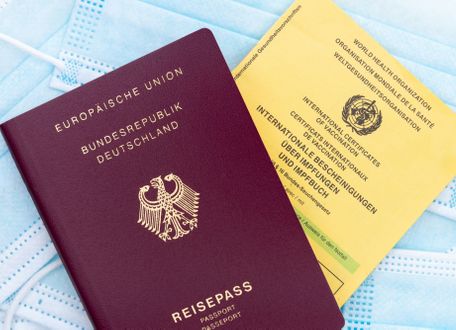TRAVEL PHARMACY
At Travel & Risk, we work to equip international travelers to prevent and manage the challenges and dangers that can arise when parts of your working life take place outside the country's borders.
Fortunately, the vast majority of travelers return home without any major problems. The biggest risk to the traveler is traffic - almost regardless of destination. Next to traffic, by far the biggest risk is related to illness and general health. Before traveling, most people have checked that they have the necessary vaccinations for a given destination. Malaria medication is purchased if necessary and brought along safely. If you are unsure whether you are covered, talk to your doctor or look up your destination on the Danish Serum Institute's website. It's a good idea to bring a list of your current vaccinations. For example, the yellow fever vaccine must be documented in several places for entry to be permitted. If you fall ill, it may also be advisable for the local doctor to see what you have been vaccinated against.
If you're traveling in areas where the nearest pharmacy may be far away or you don't trust the medicine you can buy locally, consider bringing your own travel pharmacy with over-the-counter medicines. Below you'll find the products you may need most often.
- Painkillers, for example 500 milligrams of Pamol
- Electrolytes, such as 20.5 milligrams of Revolut to manage dehydration*
- Imodium to prevent or treat diarrhea
- Zyrtek or Alnok to prevent or treat allergies
- Postafen or Marzine to prevent motion sickness
- Tube of Vaseline to prevent chafing
- Tube of Panthenol to treat chafing
- Tube of Lamisil to treat athlete's foot
- Chlorhexidine for wound treatment and wound cleansing
Antibiotics
Talk to your doctor about whether it might be relevant for you to bring a broad-spectrum antibiotic for infections. A severe stomach infection in a remote area of Africa or Asia can be life-threatening if hospitals and medication are far away. If you're prone to cystitis, it's also a good idea to bring your usual prescription medication with you when it strikes.
Of course, you don't have to bring everything, but you can choose what is most relevant to your destination and/or travel pattern. The environment can determine what your needs are locally - for example, heat and humidity are good breeding grounds for fungus, although it doesn't have to be something you normally struggle with. It is recommended to travel with medication in your hand luggage, as the pressure and temperature in the cargo hold can be detrimental to your medication.
Have you become dehydrated?
If you haven't packed Revolut or similar, but you need to rehydrate, for example in connection with diarrhea or vomiting or simply because you forgot to drink enough water in the heat, you can mix 1 liter of water with 2 tablespoons of sugar and ½ teaspoon of salt. It doesn't taste very good, but it's effective.
Be careful when traveling with medicine
Travel with your medication in its original packaging so that it is clear what it contains. This often avoids problems when entering the country. You can also show the packaging if you need to buy more medicine locally. They may not have the brand you're used to buying, but they will often be able to find the local equivalent with the same active ingredient.
Speaking of medicines, it's worth checking local regulations. There are medicines available in the UK that you may not be able to import without problems into other countries, just as you may be able to buy over-the-counter medicines abroad that are prescription-only in the UK - so be careful what you bring home! If you need to travel with special medication and are unsure how it will be viewed locally, you can get your pharmacy or private doctor to issue a pill passport or a medication certificate. Note that there is a difference here if you are traveling inside (pill passport) or outside (medical certificate) Schengen.



